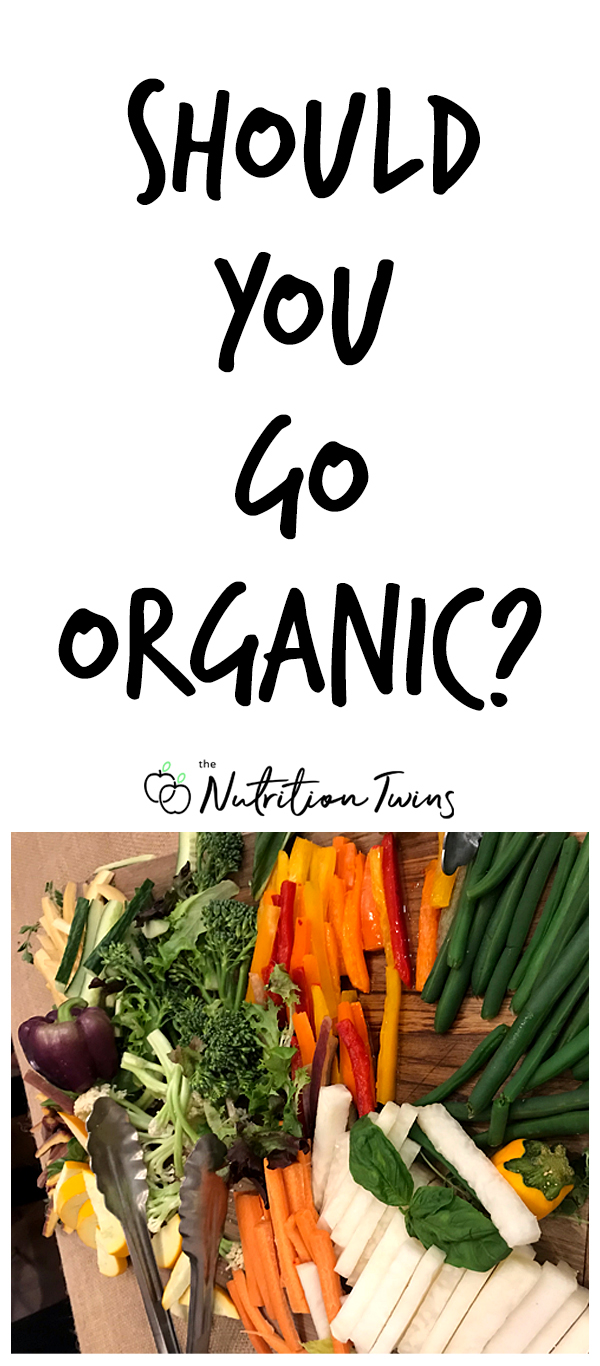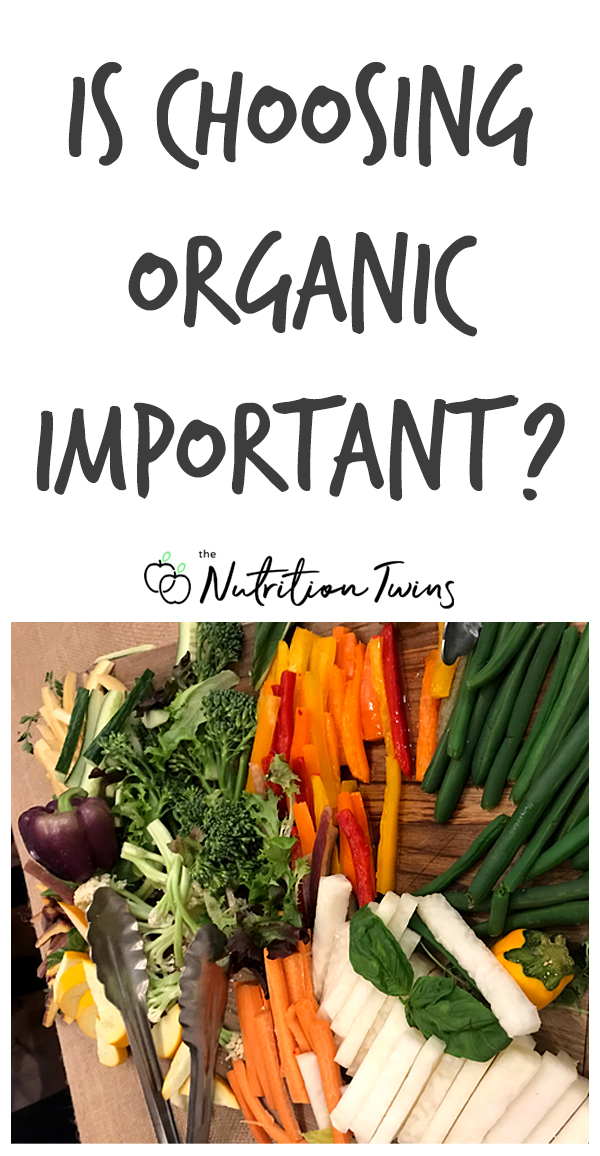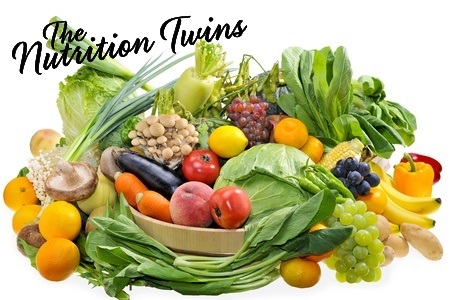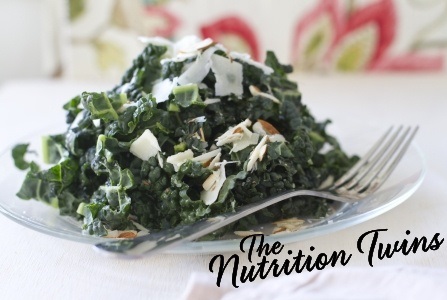As registered dietitians, we always get asked about whether organic fruits and veggies are really worth the extra money. We completely understand why this is such a popular question, as we’ve personally experienced shell shock after having to pay nearly $5 for a single organic bell pepper (versus less than $1 for a non-organic one). Should you save your cash and go with conventionally grown produce? After all, if you pass on the organic produce, you’ll have more money to spend on the cute Lululemon outfit you’ve been eyeing.
The truth is sometimes going organic is worth the hefty price tag and sometimes it’s not. One of the big reasons people purchase organic produce is to limit their exposure to pesticides, which are used to protect the plant and kill the pests that eat it. Unfortunately, many pesticides also pose health risks to humans and have been linked to a variety of issues,such as hormone disruption, skin, eye, and lung irritations,and cancer. So obviously, lowering the risk of your pesticide exposure is ideal.
There are two questions that you should ask yourself to determine if you should buy organic. First: “Does this fruit or veggie contain a lot of pesticides?” You’ll find your answer in the Environmental Working Group’s 2018 Shopper’s Guide to Pesticides in Produce, which ranks the most highly and least highly contaminated produce. Keep in mind that the produce was washed before being tested for pesticide residues, so even if you scrub these items as hard as you can, it’s not going to change this list. If you can afford to buy the entire Dirty Dozen in the organic variety, go ahead. Otherwise, ask yourself the second question: “How often am I eating this produce?” If you’re eating it only occasionally, save yourself money and buy conventional. For example, if you just have celery (#10 on the Dirty Dozen List) as a sidekick to your monthly splurge on buffalo wings, there’s no need to go crazy worrying about pesticides. On the other hand, if you chow down on red peppers (#12 on the Dirty list) like we do (Tammy eats several a day, and never misses a day!), you should invest in the organic variety. Or if you’re apple obsessed like many of our clients who eat apples with every meal, it’s a good time to go for the organic variety, since this fruit is the #4 in chemical residues.

Luckily there are some foods you don’t need to worry about at all. For example, we eat a ton of red cabbage (we like to think it’s because we have Hungarian ancestors so our taste buds naturally crave it). Cabbage, along with 14 other produce items, made the EWG’s Clean 15 List, (those lowest in pesticides). So if you’re a cabbage- lover like we are, don’t feel obligated to buy the organic variety. We certainly don’t.
That being said, from the thousands of scientific studies we’ve read, we can confidently tell you that one of the best things that you do for yourself is to eat more produce, organic or not. (We wrote The Nutrition Twins’ Veggie Cure for this very reason!). Bottom line: if you want to lower your risk of obesity, heart disease, diabetes, and cancer, eat more fruits and vegetables. See you at the salad bar!
And for a quick run-down of the best and worst– this is from the Environmental Working Group:
Strawberries topped the Dirty Dozen list, followed by spinach. Other Dirty Dozen are apples, grapes, celery, nectarines, sweet bell peppers, imported cucumbers, cherry tomatoes, potatoes and imported snap pears, cherries and tomatoes. Over recent years, leafy greens – kale and collard greens – and hot peppers were frequently contaminated with insecticides that are particularly toxic to human health. EWG has detailed this problem in a section called Dirty Dozen-Plus.
EWG’s Clean Fifteen consists of conventional produce with the least amount of pesticide residues. Over the past several years, the cleanest have rotated slightly, but included avocados, corn, pineapples, cabbage, frozen sweet peas, onions, asparagus, mangoes, papayas, kiwi, eggplant, grapefruit, cantaloupe, cauliflower and sweet potatoes.”
In honor of all vegetables being great for you, enjoy this Salad!
For more than 100 delicious recipes, a 10-day Weight Loss Jumpstart and Detox Plan, plus a GET HEALTHY plan please check out The Nutrition Twins’ Veggie Cure.






